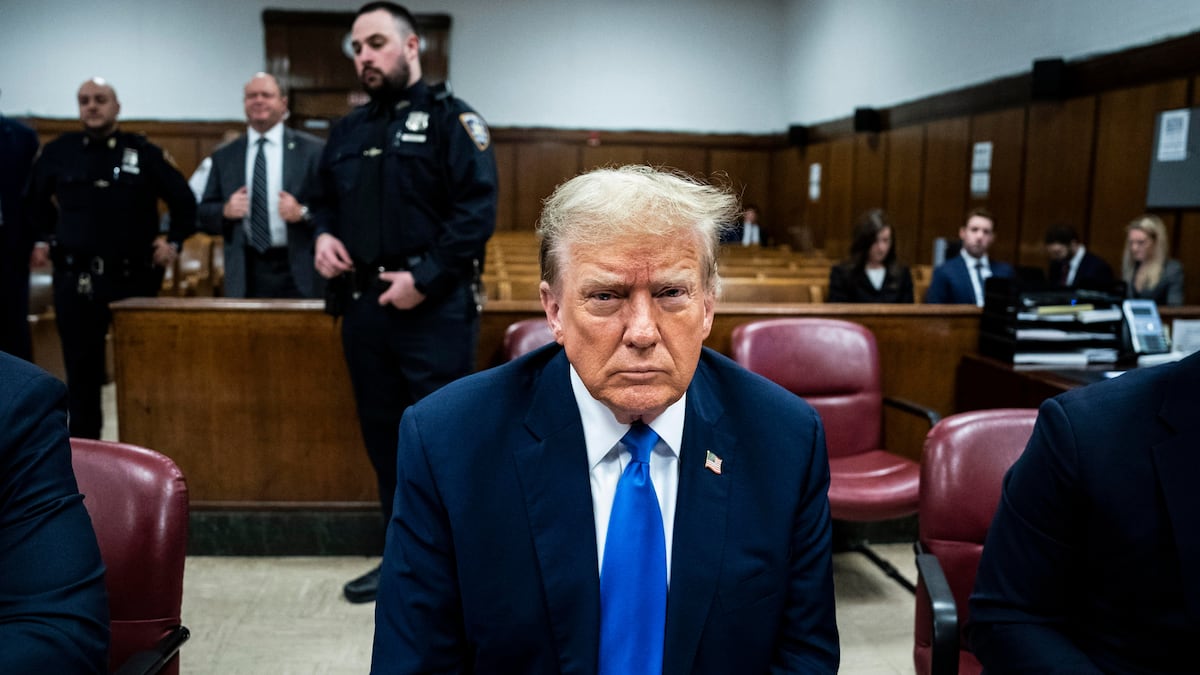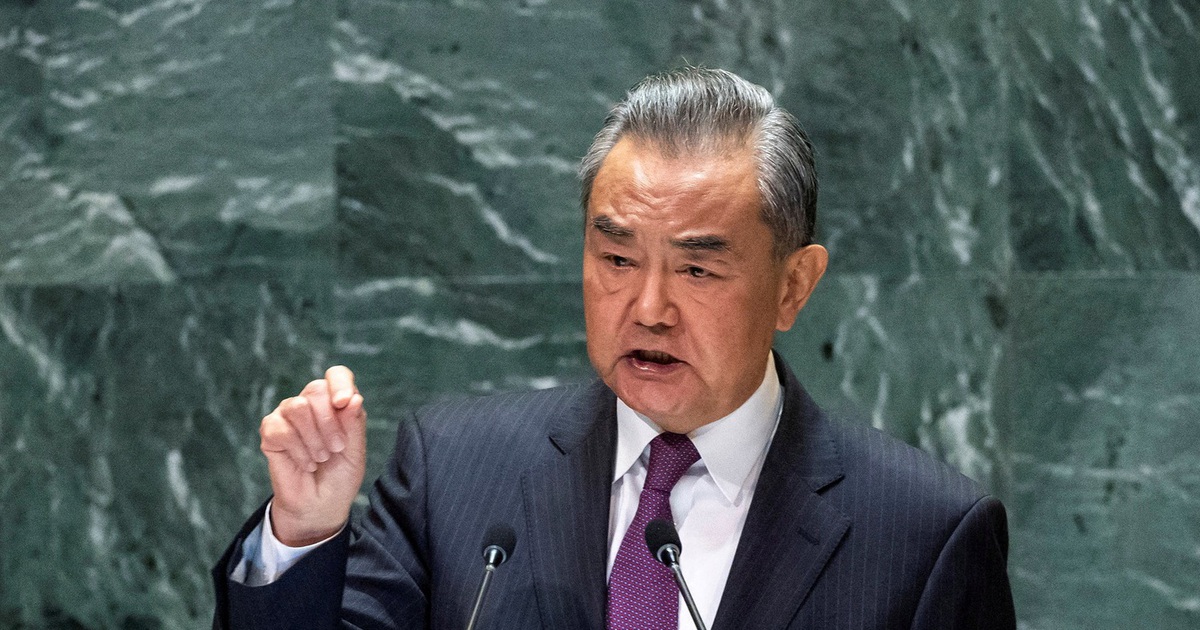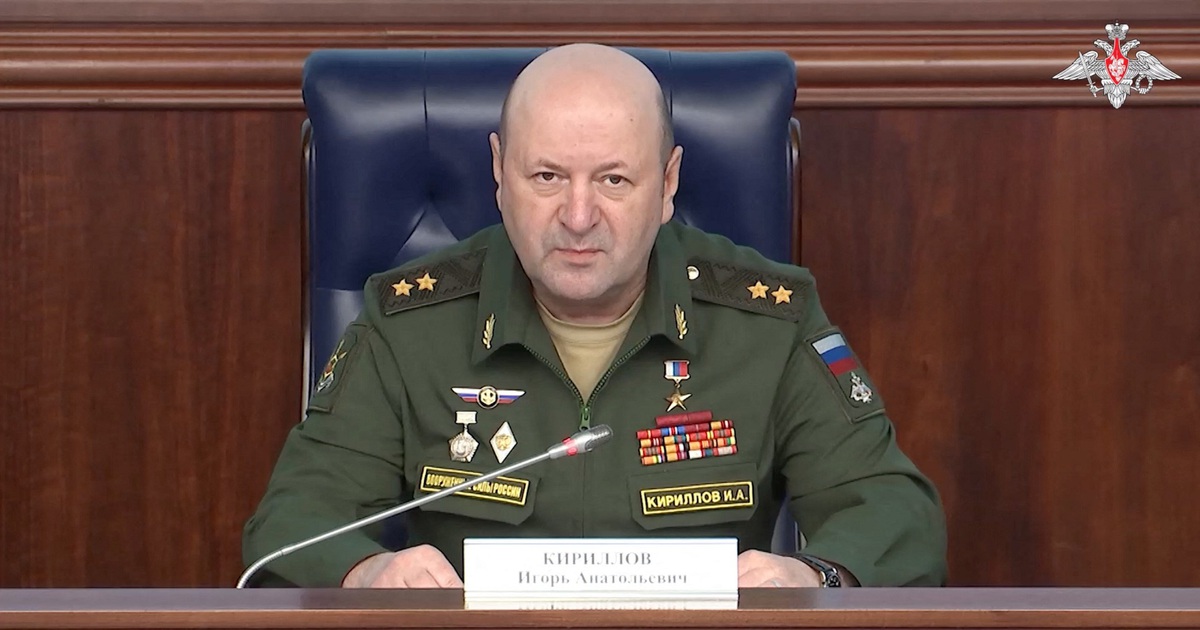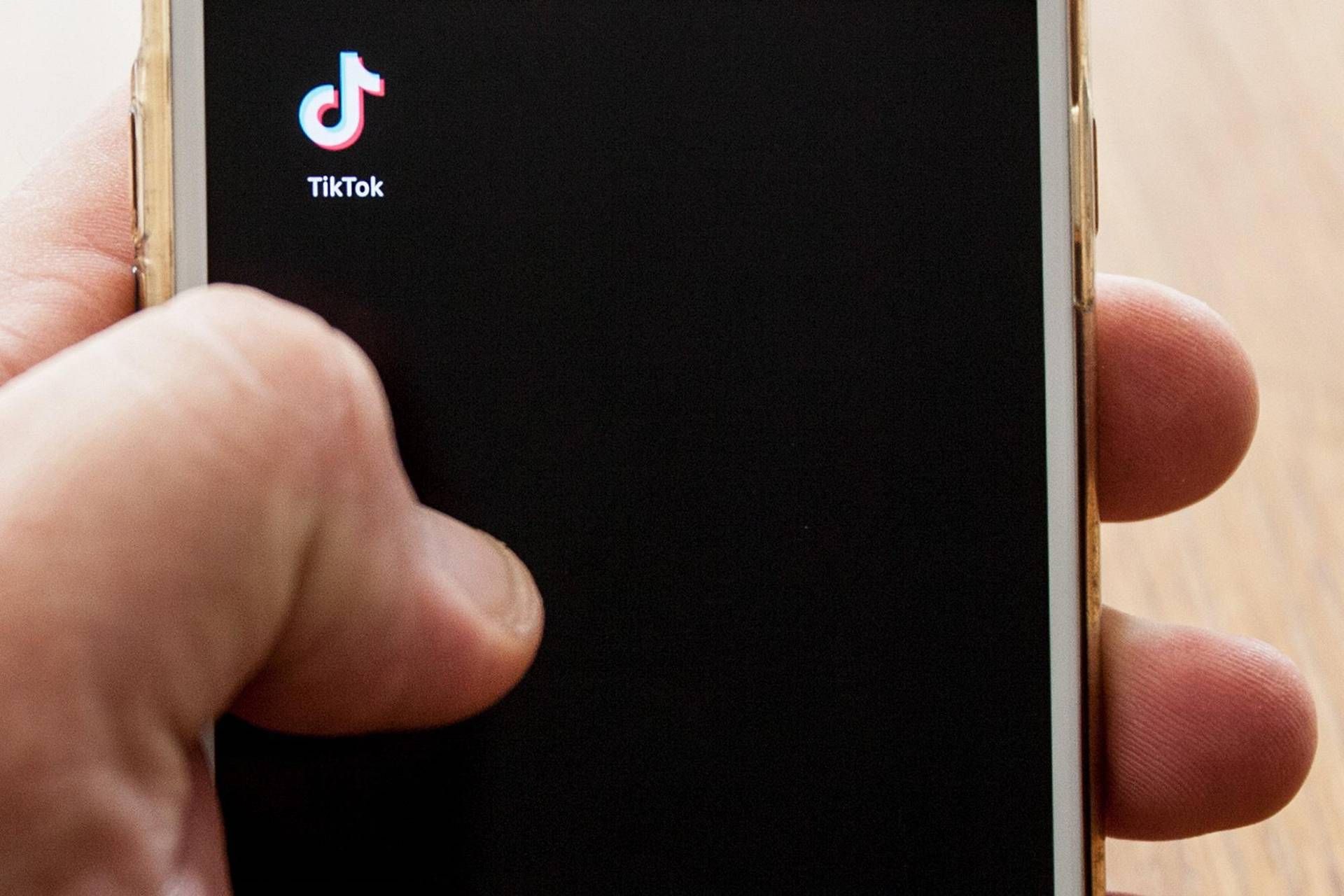The Manhattan district judge on Monday rejected President-elect Donald Trump’s request to dismiss his conviction for the Stormy Daniels case by virtue of the recent ruling of the Supreme Court that grants broad immunity to presidents in the exercise of their office. The future of the case, whose sentence should have been made public shortly after the November elections, remains unclear, after the prosecutor’s office had recommended suspending—not canceling—the sentence precisely because of the aforementioned Supreme Court ruling. Trump’s lawyers argued that having the case pending during his presidency would hamper his ability to govern.
Judge Juan Merchan’s decision eliminates a possible definitive closure of the case before Trump’s return to the White House on January 20, when he will take office. However, his lawyers have raised other arguments for the dismissal. The prosecutors’ proposal to freeze the sentence during his presidency does not imply dismissing it either. On November 22, the judge indefinitely postponed the sentence, but allowed the president-elect’s defense to once again request that the case be dismissed.
Trump was found guilty in May of all 34 charges against him for paying a bribe to a porn actress to buy her silence. At the core of the case is the falsification of accounting records of his company, the Trump Organization, to disguise the payment of $130,000 to Daniels, an adult film actress, in 2016, with the aim of hushing up an extramarital affair, which he always has denied, and whose revelation, in the last stretch of the electoral campaign that brought him to the White House for the first time, would probably have harmed his interests.
He Stormy Daniels case It was the only court of the four criminal cases that the Republican had faced since 2023 before the November elections. Aside from its unappealable victory at the polls – a victory in triplicate, since the Republicans won the presidency but also control of both chambers -, it was the decision adopted on July 1 by the Supreme Court – a court made at its discretion. image and likeness—which helped clear Trump’s path to the presidency of legal obstacles. Upon dismissal of the call case of the Mar-a-Lago papers —classified documents that Trump took from the White House in January 2021—, also thanks to a judge appointed by the Republican in his first term, followed the decision of special prosecutor Jack Smith to withdraw the two criminal charges that he kept alive against the Republican, the Georgia cases (due to an attempted coup) and the assault on the Capitol.
The judicial panorama of the president-elect was therefore clear when the Department of Justice concluded that he cannot be tried after having won the elections, but the New York case entailed an added complexity: having already been tried and convicted. That is why Judge Merchan now deals a relative setback to the president-elect, despite the fact that theoretically the sentence will not be read for at least four years.
One month after the verdict of the Stormy Daniels casethe Supreme Court ruled that former presidents cannot be prosecuted for official acts and that prosecutors cannot cite those actions to bolster a case focused on purely personal, unofficial conduct. Trump’s lawyers seized on the Supreme Court’s decision to argue that the jury in the case obtained some inappropriate evidence, such as Trump’s presidential financial disclosure form, testimony from some White House aides and social media posts made while he was in office.
Merchan on Monday rejected most of Trump’s lawyers’ claims that some of prosecutors’ evidence was related to official acts and involved immunity protections. The judge has said that even if some evidence was related to his official conduct, he will still consider that prosecutors’ decision to use “these acts as evidence of the decidedly personal acts of falsifying accounting records does not pose any danger of intrusion into authority.” and the function of the Executive Branch.”










